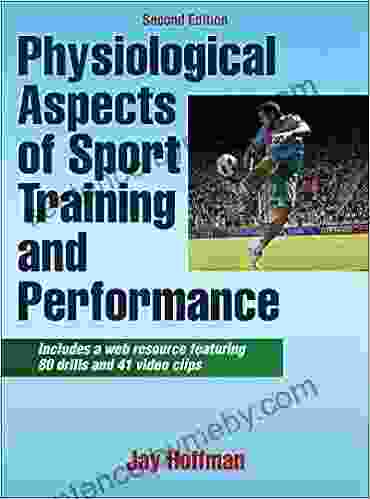Physiological Aspects Of Sport Training And Performance: A Comprehensive Guide

4.7 out of 5
| Language | : | English |
| Text-to-Speech | : | Enabled |
| Word Wise | : | Enabled |
| Lending | : | Enabled |
| File size | : | 79366 KB |
| Screen Reader | : | Supported |
| Print length | : | 505 pages |
The pursuit of athletic excellence demands a deep understanding of the physiological processes that underpin human performance. By delving into the intricate workings of the body, athletes, coaches, and sports scientists can harness physiological principles to enhance training strategies and maximize results. This comprehensive guide offers a comprehensive exploration of the physiological aspects of sport training and performance, providing invaluable insights into the human body's response to exercise and the factors that influence athletic success.
Chapter 1: The Energy System
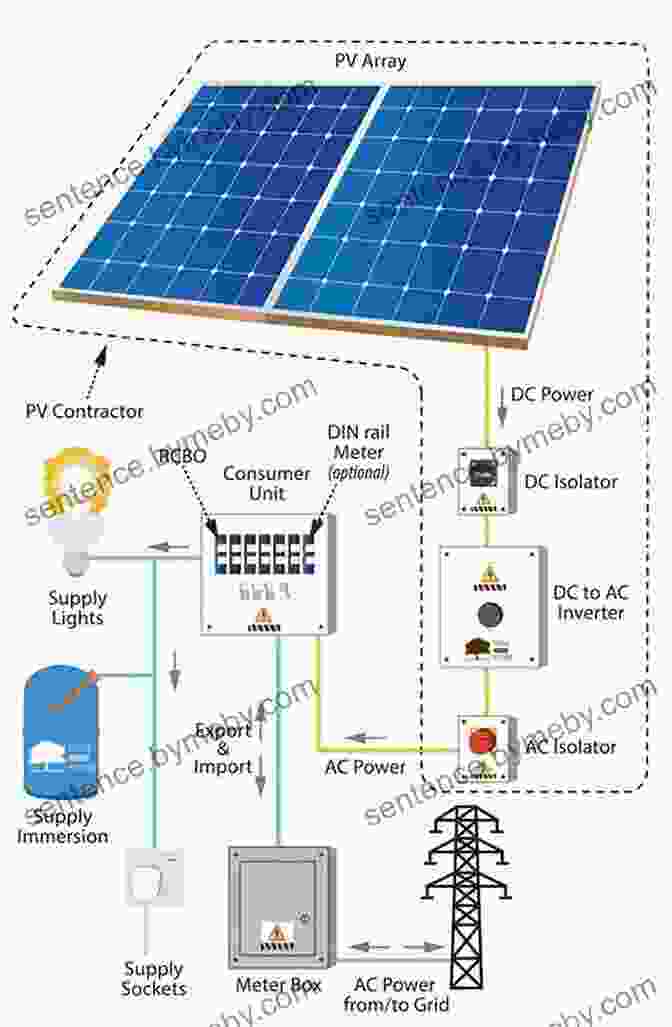
The energy system is the foundation of all physical activity. This chapter examines the different types of energy systems, including the ATP-PC system, glycolytic system, and oxidative system. It discusses how the body utilizes these systems to fuel exercise and the factors that influence their efficiency. By understanding the energy system, athletes can optimize their training to enhance energy production and endurance.
Chapter 2: The Muscular System
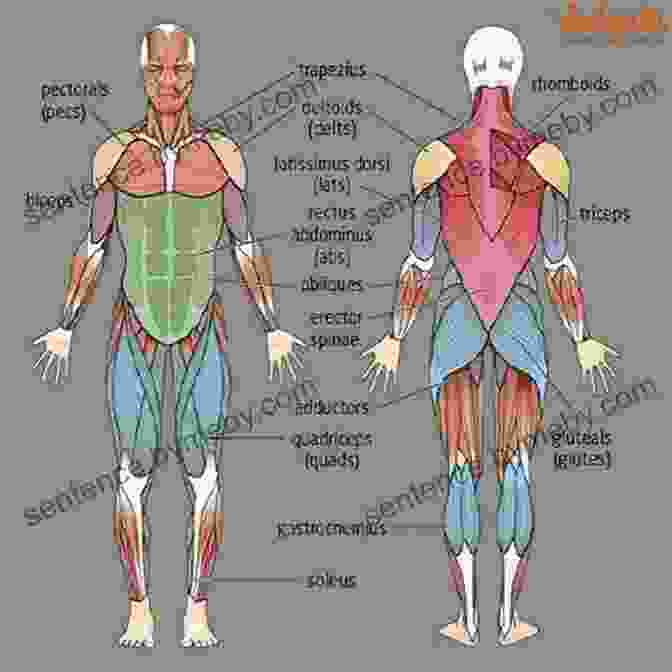
The muscular system is the primary driver of movement. This chapter delves into the structure and function of muscles, including muscle types, contraction mechanisms, and the role of the nervous system in muscle activation. It explores the principles of muscle adaptation in response to training and the factors that influence muscle growth and strength. Understanding the muscular system allows athletes to design exercises that effectively target and develop specific muscle groups.
Chapter 3: The Cardiovascular System
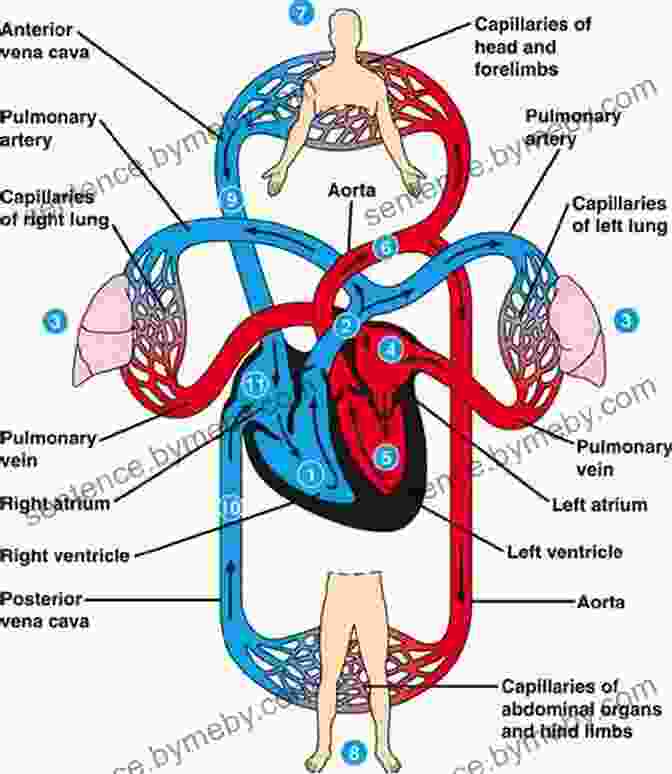
The cardiovascular system transports oxygen and nutrients to the muscles and removes waste products. This chapter examines the heart, blood vessels, and blood composition. It discusses the adaptations of the cardiovascular system to exercise, including increased heart rate, stroke volume, and capillary density. By understanding the cardiovascular system, athletes can improve their cardiovascular fitness and enhance oxygen delivery to the muscles.
Chapter 4: The Respiratory System
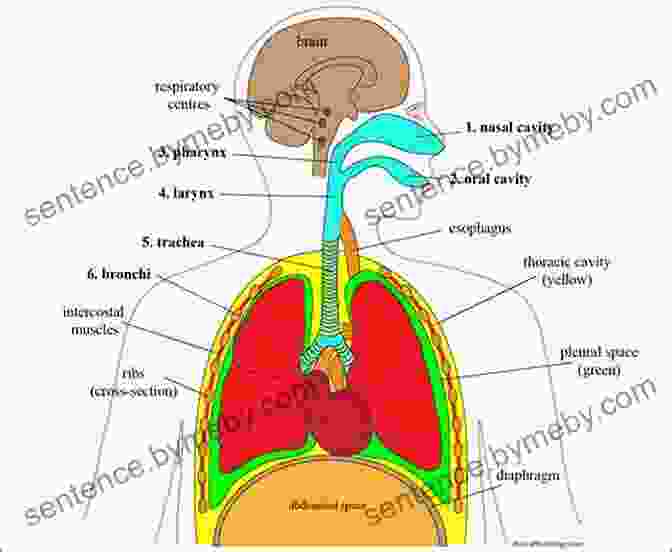
The respiratory system provides oxygen to the body and removes carbon dioxide. This chapter explores the structure and function of the lungs, airways, and diaphragm. It discusses the mechanics of breathing and the factors that influence respiratory rate and efficiency. Understanding the respiratory system allows athletes to improve their lung capacity and enhance gas exchange during exercise.
Chapter 5: The Endocrine System
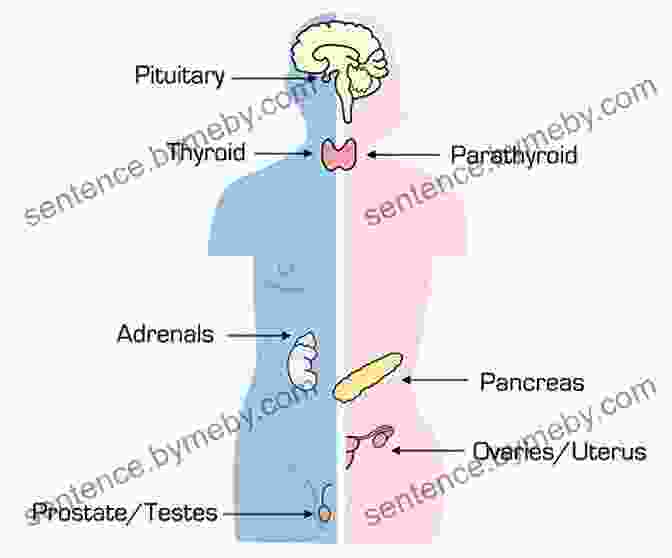
The endocrine system regulates many physiological processes, including metabolism, growth, and stress response. This chapter examines the key hormones involved in sport performance, such as testosterone, growth hormone, and insulin. It discusses the effects of these hormones on muscle mass, strength, and recovery. Understanding the endocrine system allows athletes to optimize their hormonal environment to support their training and competition goals.
Chapter 6: The Nervous System
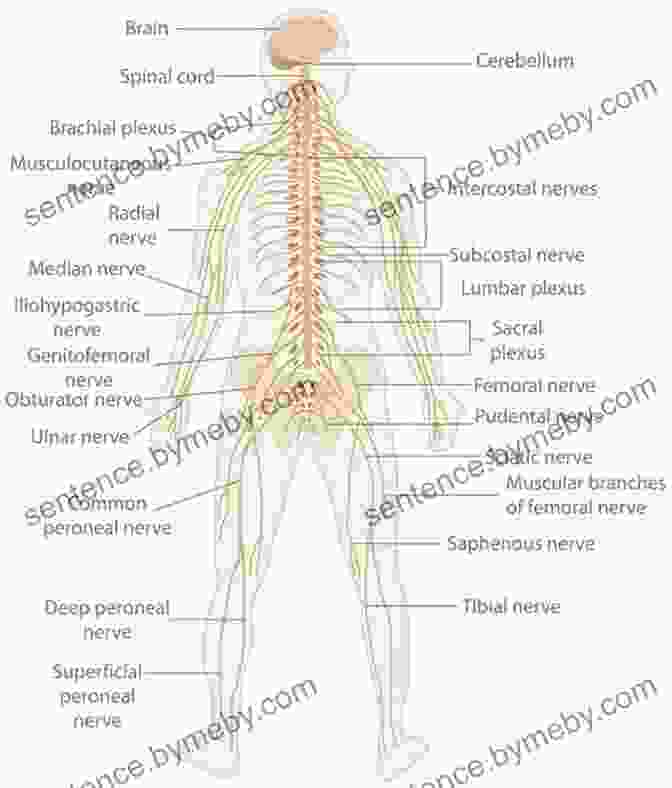
The nervous system controls movement, sensation, and thought. This chapter explores the structure and function of the central and peripheral nervous systems. It discusses the role of the nervous system in muscle activation, coordination, and reaction time. Understanding the nervous system allows athletes to improve their neuromuscular efficiency and enhance their overall performance.
Chapter 7: Nutrition for Sport Performance
Proper nutrition is essential for optimal sport performance. This chapter provides an overview of the macronutrients (carbohydrates, proteins, and fats) and micronutrients (vitamins and minerals) required for athletes. It discusses the specific dietary needs of different sports and the importance of hydration. Understanding sports nutrition allows athletes to fuel their bodies effectively and support their training and recovery.
Chapter 8: Training Principles
Training is the key to unlocking athletic potential. This chapter outlines the fundamental principles of sport training, including the principles of overload, progression, specificity, and recovery. It discusses how to structure training programs to optimize adaptations and minimize the risk of injury. Understanding training principles allows athletes to design and implement effective training plans that meet their individual goals.
Chapter 9: Performance Enhancement Techniques
Athletes often seek ways to enhance their performance beyond traditional training methods. This chapter explores various performance enhancement techniques, such as altitude training, blood doping, and gene doping. It discusses the potential benefits and risks associated with these techniques and the ethical implications of their use. Understanding performance enhancement techniques allows athletes to make informed decisions about their training practices.
The Physiological Aspects of Sport Training and Performance is an authoritative and comprehensive guide to the physiological principles that underpin athletic success. By delving into the intricate workings of the body, readers will gain invaluable insights into how to optimize training, improve performance, and achieve their full athletic potential.
4.7 out of 5
| Language | : | English |
| Text-to-Speech | : | Enabled |
| Word Wise | : | Enabled |
| Lending | : | Enabled |
| File size | : | 79366 KB |
| Screen Reader | : | Supported |
| Print length | : | 505 pages |
Do you want to contribute by writing guest posts on this blog?
Please contact us and send us a resume of previous articles that you have written.
 Book
Book Novel
Novel Page
Page Chapter
Chapter Text
Text Story
Story Genre
Genre Reader
Reader Library
Library Paperback
Paperback E-book
E-book Magazine
Magazine Newspaper
Newspaper Paragraph
Paragraph Sentence
Sentence Bookmark
Bookmark Shelf
Shelf Glossary
Glossary Bibliography
Bibliography Foreword
Foreword Preface
Preface Synopsis
Synopsis Annotation
Annotation Footnote
Footnote Manuscript
Manuscript Scroll
Scroll Codex
Codex Tome
Tome Bestseller
Bestseller Classics
Classics Library card
Library card Narrative
Narrative Biography
Biography Autobiography
Autobiography Memoir
Memoir Reference
Reference Encyclopedia
Encyclopedia Jan Dalley
Jan Dalley Jeff Margolis
Jeff Margolis Picabo Street
Picabo Street James H Gilmore
James H Gilmore Stan Slap
Stan Slap Jane Harper
Jane Harper Janet Renner
Janet Renner James Fenton
James Fenton Louise Bates Ames
Louise Bates Ames Jason Lester
Jason Lester Kenneth Pomeranz
Kenneth Pomeranz Jandy Nelson
Jandy Nelson Napoleon Hill
Napoleon Hill Janet L Nelson
Janet L Nelson Jason Hogan
Jason Hogan Jay W Richards
Jay W Richards Jan Zimmerman
Jan Zimmerman Yasser Latif Hamdani
Yasser Latif Hamdani Shawna James
Shawna James Nick Popaditch
Nick Popaditch
Light bulbAdvertise smarter! Our strategic ad space ensures maximum exposure. Reserve your spot today!

 Theodore MitchellEmbark on Your Path to Excellence: Your Journey to Becoming a Physician...
Theodore MitchellEmbark on Your Path to Excellence: Your Journey to Becoming a Physician... James GrayFollow ·17.5k
James GrayFollow ·17.5k Roland HayesFollow ·12.8k
Roland HayesFollow ·12.8k Kevin TurnerFollow ·15.4k
Kevin TurnerFollow ·15.4k Yukio MishimaFollow ·19k
Yukio MishimaFollow ·19k Christian BarnesFollow ·18.1k
Christian BarnesFollow ·18.1k William PowellFollow ·4.1k
William PowellFollow ·4.1k Wade CoxFollow ·9.2k
Wade CoxFollow ·9.2k Jake CarterFollow ·6.9k
Jake CarterFollow ·6.9k

 Franklin Bell
Franklin BellHow Businesses Can Thrive In The New Global Neighborhoods
The world is becoming...

 Rob Foster
Rob FosterCard Manipulations Volume 1: A Masterclass in Deception...
Unveiling the...

 Enrique Blair
Enrique BlairUnveil the Secrets of Card Manipulation: Dive into "More...
Step into the captivating world...

 Jamal Blair
Jamal BlairComedy Fillers 200 Quips One Liners Jean Hugard
Unlock the Secrets of...

 Chase Simmons
Chase SimmonsUnlock Financial Independence: A Comprehensive Guide to...
In a world where financial security seems...

 Dion Reed
Dion ReedUnveiling Global Market Entry Strategies: A Comprehensive...
Global Market Entry Strategies:...
4.7 out of 5
| Language | : | English |
| Text-to-Speech | : | Enabled |
| Word Wise | : | Enabled |
| Lending | : | Enabled |
| File size | : | 79366 KB |
| Screen Reader | : | Supported |
| Print length | : | 505 pages |


